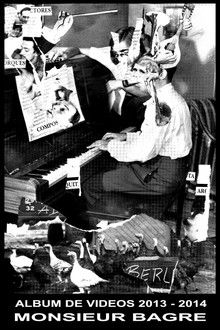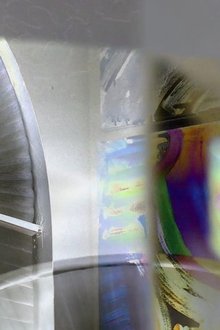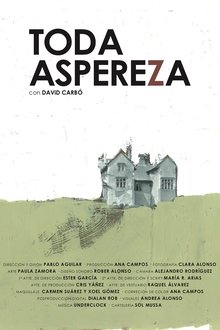Don't ask me why, but I feel we're about to cry trying.
Related Movies

Superstar: The Karen Carpenter Story (1987)
The final 17 years of American singer and musician Karen Carpenter, performed almost entirely by modified Barbie dolls.

Leafing You Behind (2017)
Abandoning the Abaddon-loathed abandoner opens plenty of reclaimed... everything(s).

Ruminative Meditations (2017)
Say Om as you reach home only to realize you never really left/stopped saying Om.
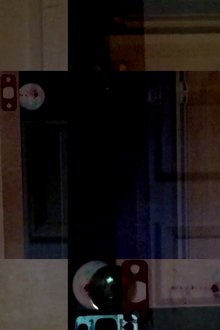
What Was It Supposed to Be Like? (2017)
Rather pointless, rather stilted, fetid; not what we want us going after.

Shirking; Shrieking Specter (2017)
Still it's really tall. Still it's really floundering/falling/fading.
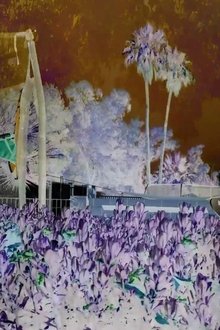
Revisited Remunerations Rapturously Collapse When Recompensed (2017)
Your raging romp results only in rescinded regret @ the hands of radder cadets.
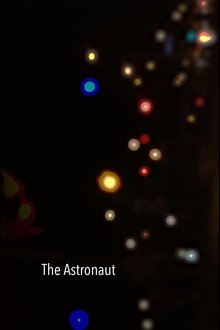
The Astronaut (2017)
A short film recounting the travels of a lonely astronaut confronted by the unknown. Unfolding as a mystery, it becomes a carefully subtle, autobiographical examination of the feeling of loneliness and the existential issue of not understanding life on earth and ones place among it.
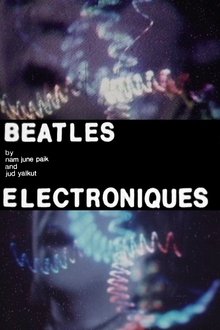
Beatles Electroniques (1969)
Part of a collection of restored early works by Nam June Paik, the haunting Beatles Electronique reveals Paik's engagement with manipulation of pop icons and electronic images. Snippets of footage from A Hard Day's Night are countered with Paik's early electronic processing.
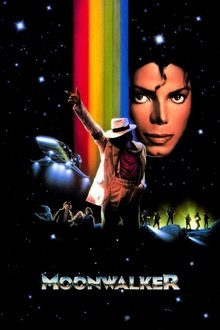
Moonwalker (1988)
This fantastical movie inspired by the music of Michael Jackson features imaginative interpretations of hit tracks from the iconic 1987 album “Bad”.

Aridity Enclosure 1 (2017)
Locked away but not away; somewhere nearby but unreachable, a periphery so notfaroff it's always in sight.

This Cacophony Runs Over Me (2017)
This cacophony runs over me, over everything I see, everything I want to see: it's me.


